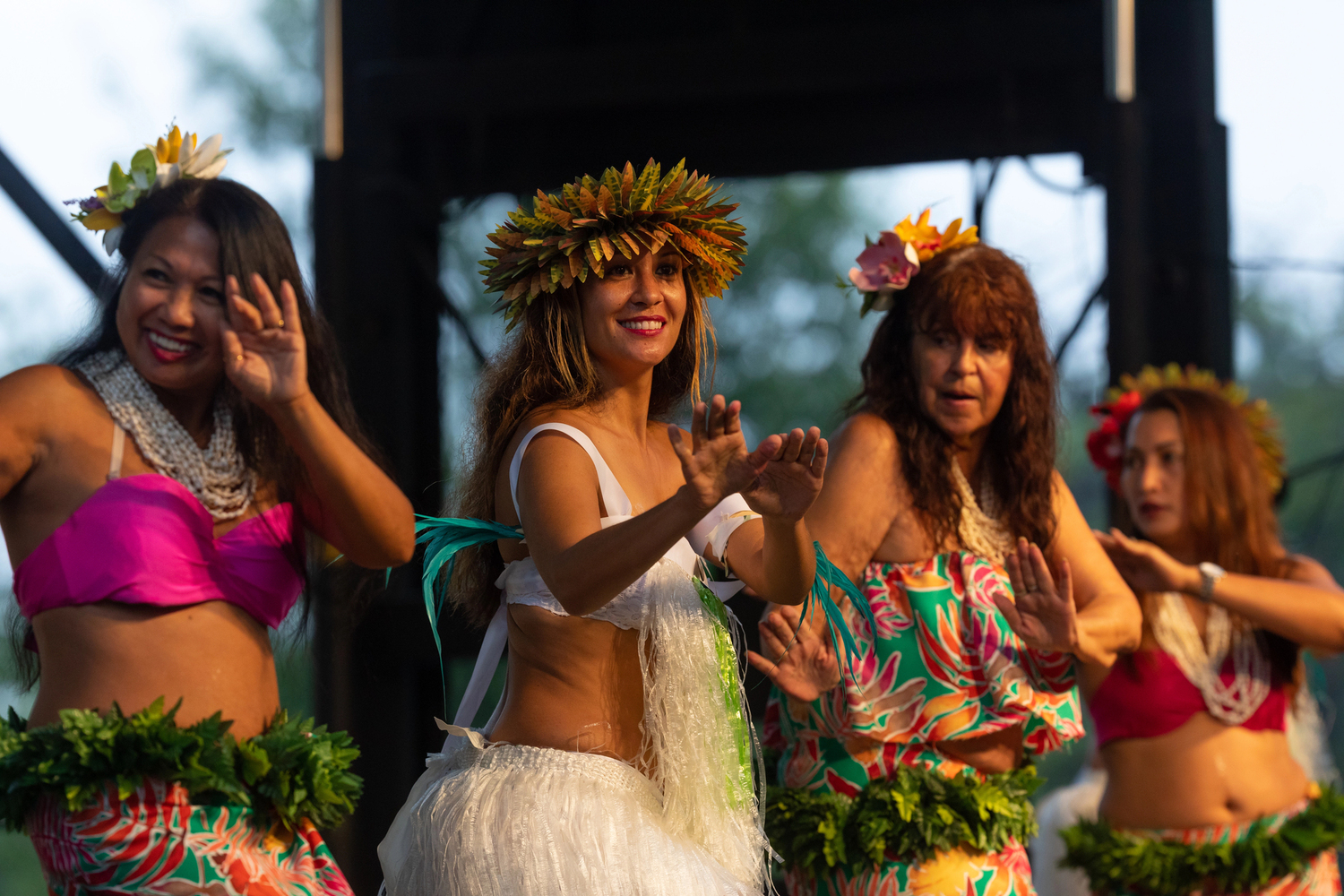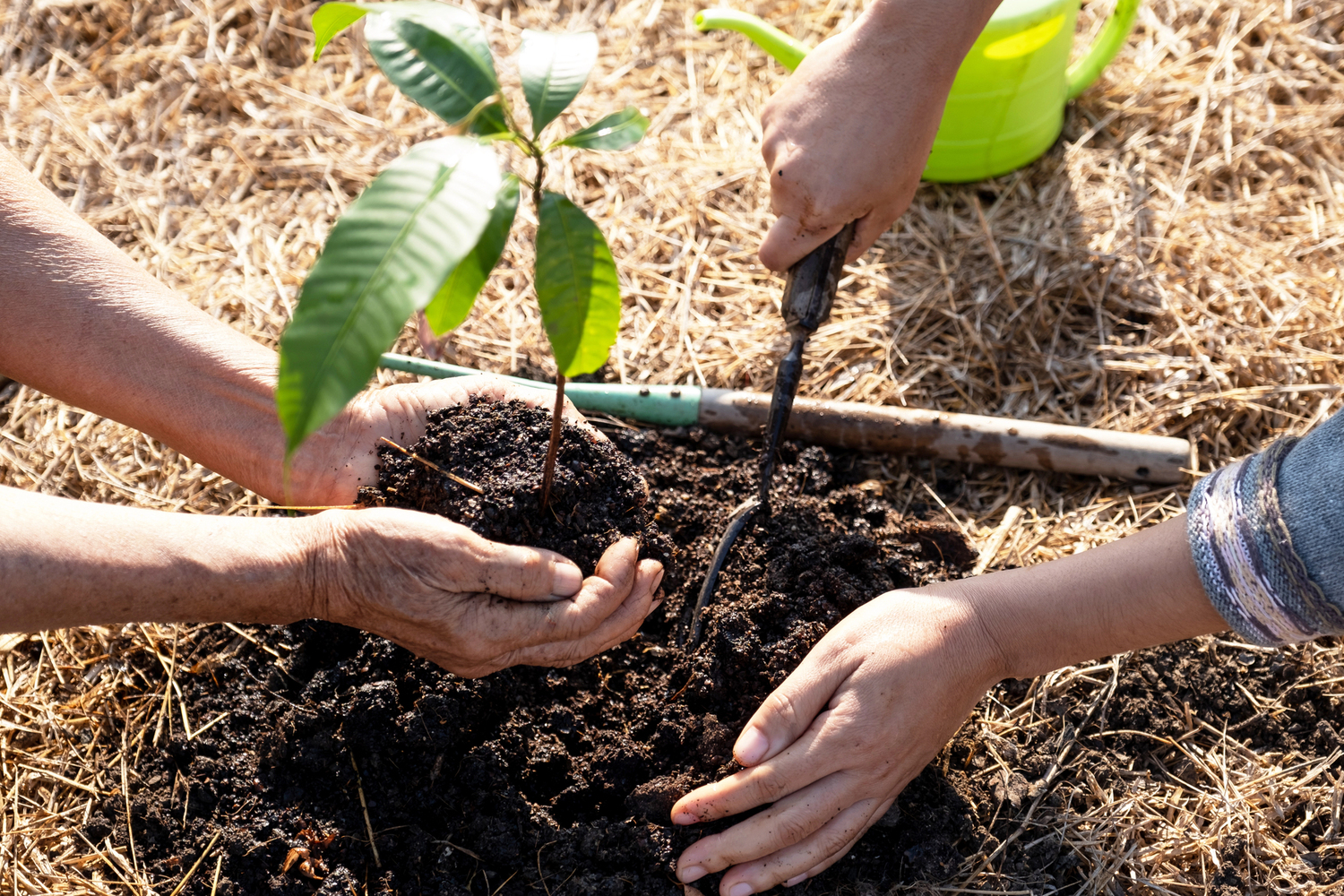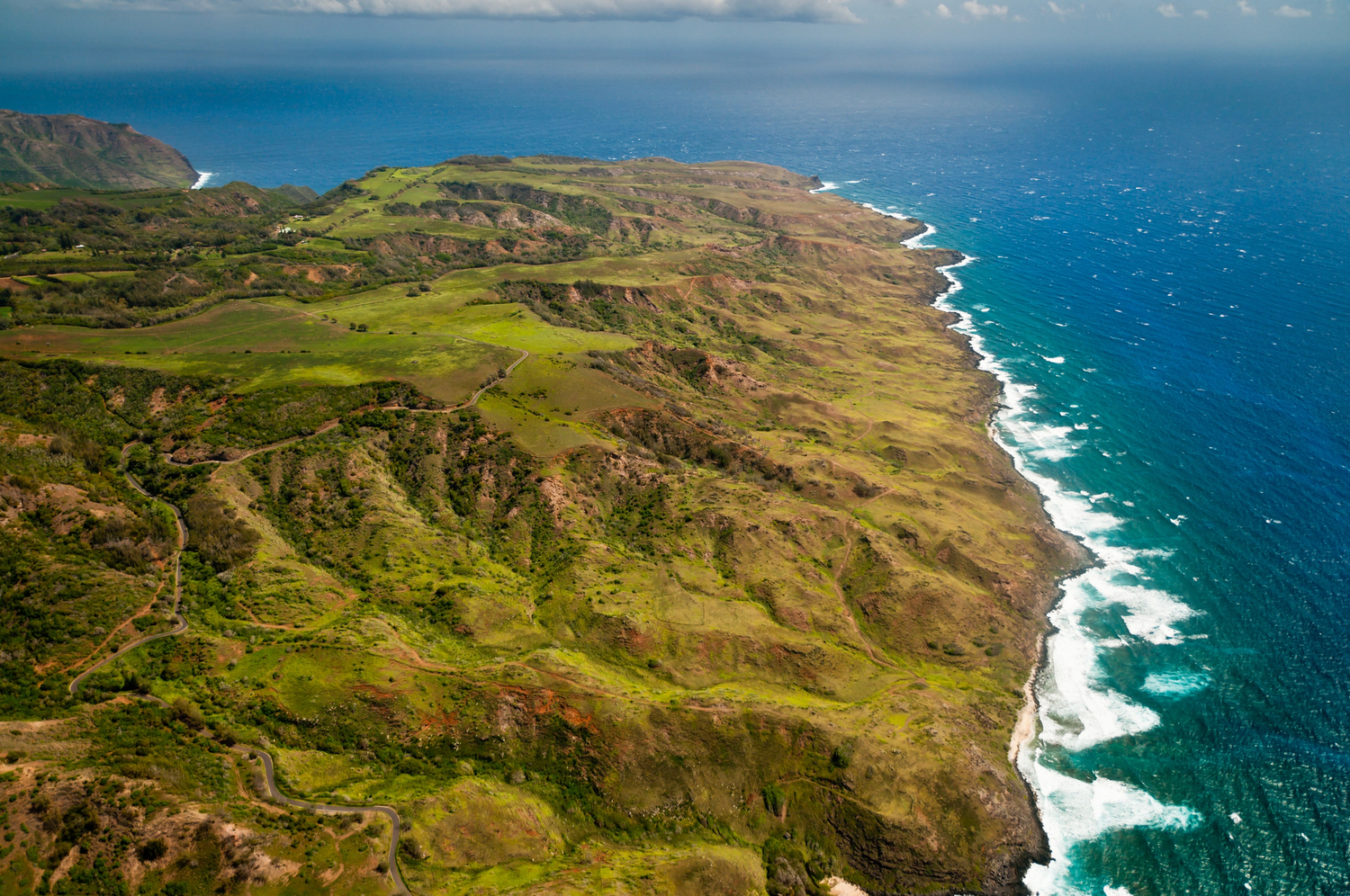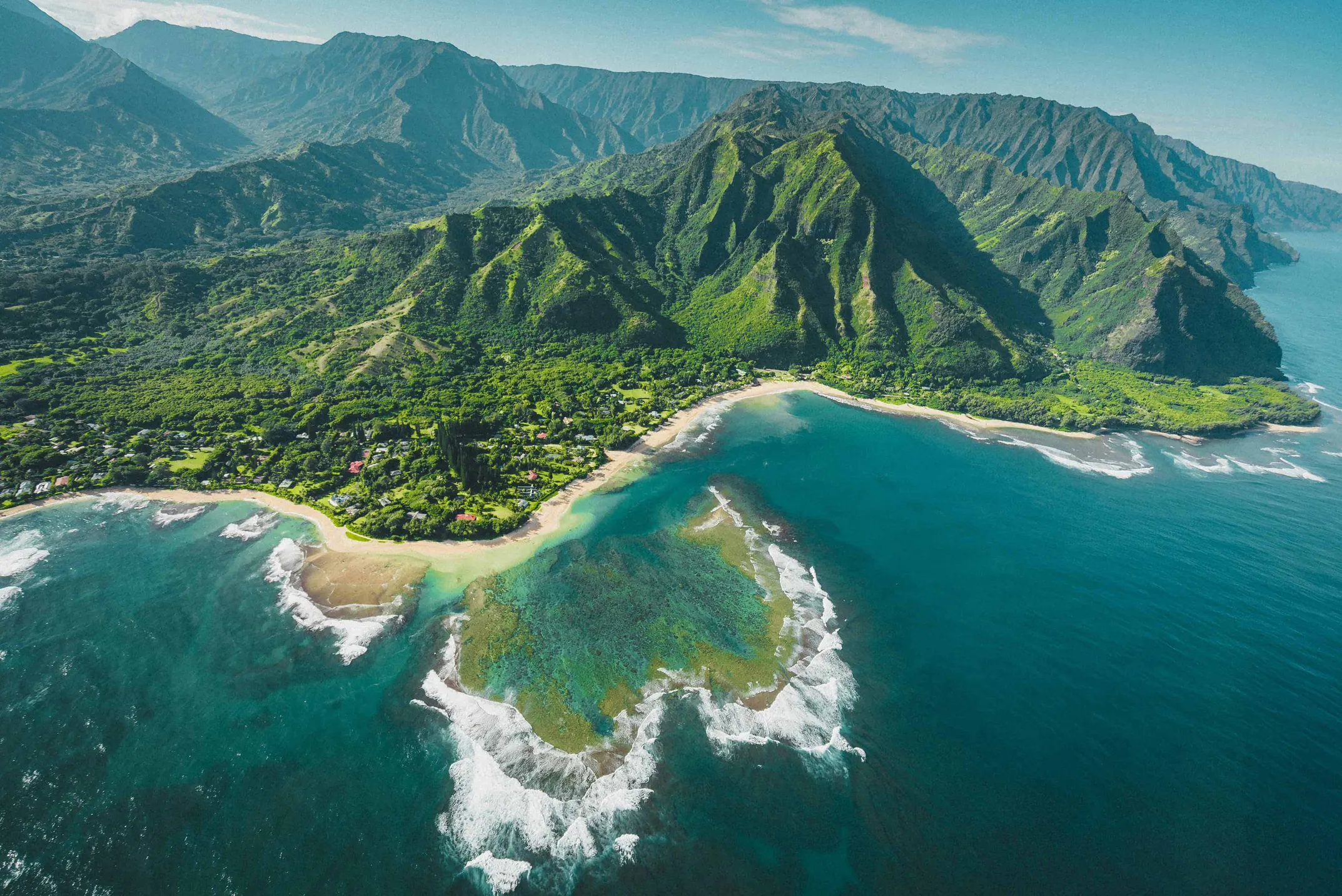
Mālama Hawaiʻi
A Journey of Adventure, Culture, and Giving Back
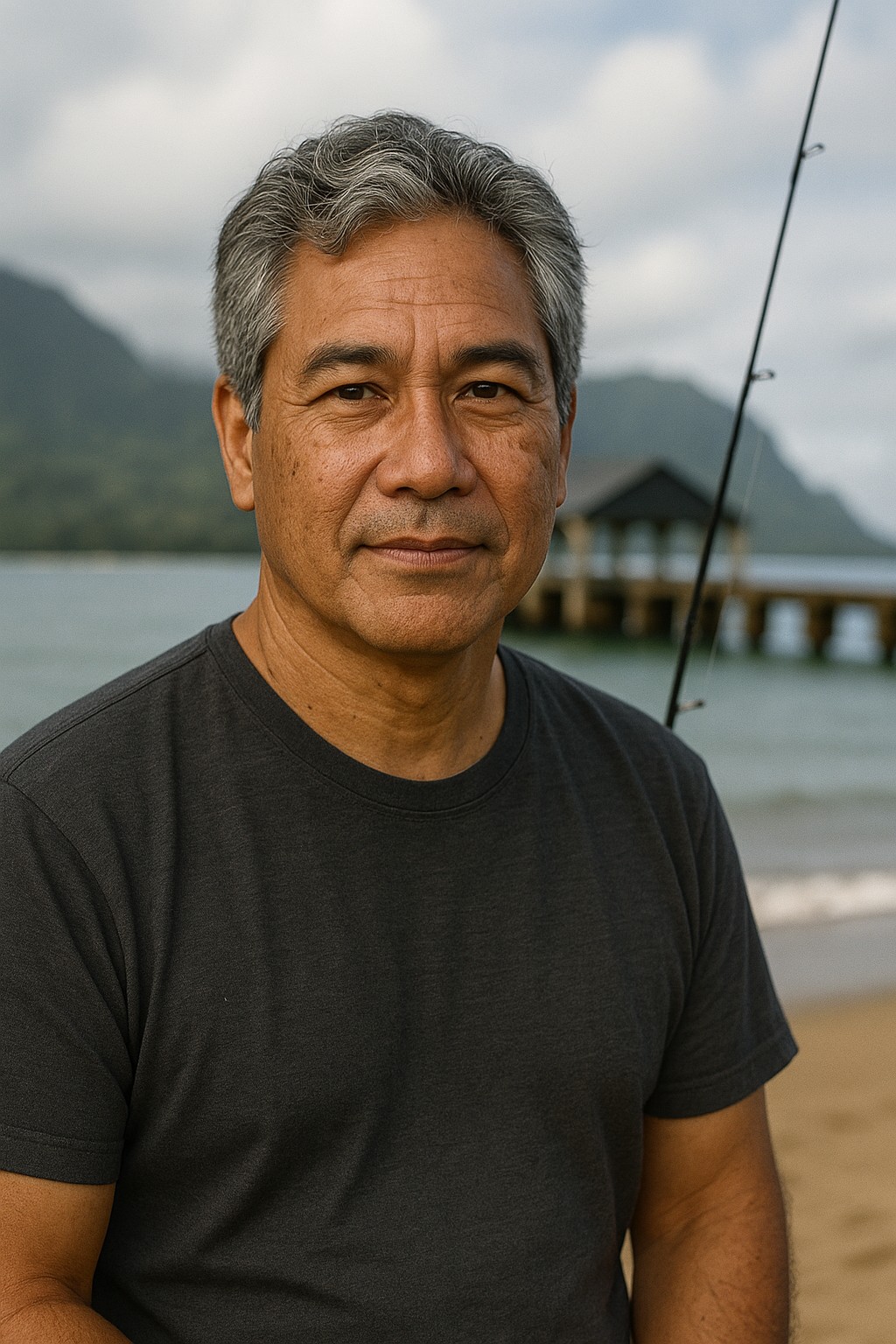
Written by a Cultural Storyteller
Kalani MillerThe Memory of Plumeria and Purpose
I remember the scent of plumeria and damp earth in my tūtū's (grandmother's) garden. She was teaching me to weave a lei, her fingers moving with a grace that seemed as natural as breathing. As she guided my clumsy hands, she wasn't just teaching me a craft; she was teaching me a way of being. "You don't just take the flower, keiki," she'd say, her voice soft but firm. "You ask first. You say mahalo to the plant for its gift. This is mālama."
It was more than just a lesson in lei making; it was a lesson in care, in respect, in seeing the life in everything around me. That day, I learned that the greatest adventures in Hawaiʻi aren't always found at the top of a volcano or in the barrel of a wave. Sometimes, they're found in the quiet moments of connection.
This is the spirit I want to share with you. The spirit of mālama—a value that is the very soul of these islands. It's an invitation, not an obligation, to participate in a living legacy of stewardship that has sustained this land and its people for generations.
The Soul of Hawaiʻi: Understanding Mālama
.91oc-Z81_1rDlR8.webp)
To truly experience Hawaiʻi, you must first understand its heart. And the heart of Hawaiʻi beats with the rhythm of mālama. It's a concept that goes far beyond a simple definition, weaving together the spiritual, the cultural, and the ecological into a single, powerful worldview.
At its most basic, mālama means "to care for, tend, preserve, and protect". You can mālama your ʻohana (family), you can mālama your home, and you can mālama yourself. But in Hawaiʻi, its most profound application relates to our relationship with the world around us. It is a reciprocal promise, a virtuous circle captured in the ancient proverb, "E mālama i ke kai, a mālama ke kai iā ʻoe" — "Take care of the ocean, and the ocean will take care of you".
🌺 Mālama ʻĀina
To care for the land. The deep, spiritual, and physical commitment to nurturing the land that feeds us.
🌊 Mālama Kai
To care for the ocean. Recognizing the sea not just as a resource but as the lifeblood of the islands.
🤝 Mālama Kekahi i Kekahi
To care for one another. Extending the principle of care to the community with compassion and mutual responsibility.
⚖️ Mālama Pono
To care for, with pono—righteousness, balance, and integrity. Caring in the right way, for the right reasons.

Ready to Experience Mālama?
Join cultural tours that honor Hawaiian values and support local communities. Experience the true spirit of aloha through responsible, eco-friendly adventures.
Book Cultural ExperienceReady to Practice Mālama?
Discover how to travel with respect, give back to the islands, and carry the spirit of mālama with you.

ℹ️ About Mālama
- Meaning: To care for
- Origin: Ancient Hawaiian
- Focus: Land, Sea, People
- Practice: Reciprocal care
- Responsibility: Kuleana (sacred duty)
🏝️ Core Principles
- Respect for ʻāina (land)
- Care for kai (ocean)
- Cultural preservation
- Community support
- Sustainable practices
🤲 How to Practice
Cultural etiquette & pono
Give back to the ʻāina
Experience with purpose
Explore All Mālama Pages
Your complete guide to practicing mālama - from cultural understanding to hands-on volunteering and adventure with purpose.
Main Mālama Guide
Start here
Discover the foundational principles of mālama - the Hawaiian value of caring for the land and community. Learn the cultural context, stories, and mindset that guides respectful travel in Hawaiʻi.
Cultural Guide
Language & protocols
Master essential Hawaiian words, cultural protocols, and respectful practices. Your guide to communicating and behaving appropriately in Hawaiian communities and sacred spaces.
Volunteer Directory
Give back to the islands
Connect with meaningful volunteer opportunities across all Hawaiian islands. From conservation projects to community initiatives - find ways to give back during your visit.
Mālama Adventures
Adventure with purpose
Experience Hawaiʻi through adventures that combine excitement with environmental stewardship. Sustainable tours, eco-friendly activities, and responsible adventure guides.
Your Mālama Journey
Start with the Main Guide to understand the cultural foundation, learn respectful practices with the Cultural Guide, give back through the Volunteer Directory, and explore sustainably with Mālama Adventures.
The Roots of Respect: From Hāloa to the Ahupuaʻa
To truly grasp why mālama is so deeply ingrained in the Hawaiian soul, we must go back to the beginning. The answer lies not in environmental policies, but in the foundational stories—the moʻolelo—that define the relationship between the people and the land.
The most important of these is the story of Hāloa. According to tradition, Wākea (the Sky Father) and Hoʻohōkūkalani (a celestial goddess) had a child who was stillborn. Heartbroken, they buried their son in the earth. From that sacred spot, the first kalo (taro) plant grew, with its heart-shaped leaf and nourishing root that would become the staple food of the Hawaiian people. They later had a second, healthy son, whom they also named Hāloa. This second Hāloa became the ancestor of all Kānaka Maoli (Native Hawaiians).
Sacred Kinship
The ʻāina is not a commodity to be owned—it is literally family. The kalo plant is the elder brother of the Hawaiian people.
Ahupuaʻa System
Traditional land divisions from mountain to sea, ensuring communities had access to all needed resources.
Holistic Wisdom
Understanding that actions in the mountains affect the streams, the loʻi, and ultimately the coral reefs.
"Ua Mau ke Ea o ka ʻĀina i ka Pono"
The life of the land is perpetuated in righteousness.
Hawaiʻi's state motto captures the essence of mālama—that our collective life, health, and prosperity are all intrinsically linked to caring for our world and for each other with integrity, balance, and unwavering respect.
